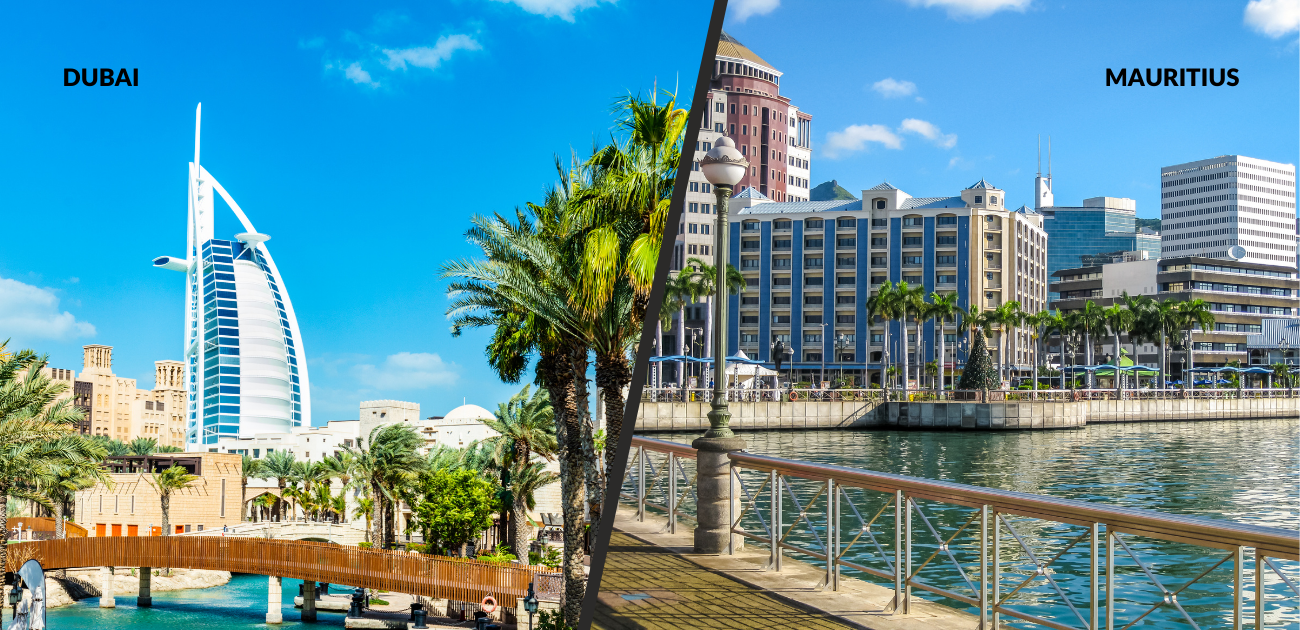
Dubai vs Mauritius as an Investment Destination
One of the questions often asked by clients and potential clients, especially clients from Africa, has been the preferred choice of investment destination between Dubai and Mauritius. So, I thought it best to do a high-level and easy-to-distil comparison between both jurisdictions.
Mauritius and more recently Dubai, have become quite popular as business destinations due to their favorable tax laws. The governments of Mauritius and the United Arab Emirates (UAE) have been intentional in not only creating a conducive environment for attracting investors as global trade hubs but have taken significant steps to strengthen their ties with Africa. In this regard, Mauritius has ratified the African Continental Free Trade Area Agreement (AfCFTA) which came into force on January 1, 2021, guaranteeing preferential trade terms between businesses of member countries. It certainly does not hurt that the country has 45 Double Tax Agreements (17 of which are with African countries) and is ranked first in Africa in the World Bank’s Doing Business Report 2020.
For its part, the UAE has signed bilateral investment treaties with 30 African countries – Algeria, Angola, Benin, Burundi, Chad, Comoros, Côte d’Ivoire, Democratic Republic of Congo, Egypt, Equatorial Guinea, Ethiopia, Gabon, Gambia, Guinea-Bissau, Kenya, Mali, Mauritania, Mauritius, Morocco, Mozambique, Niger, Nigeria, Senegal, Sierra Leone, South Sudan, Sudan, Tunisia, Uganda, Zambia, and Zimbabwe. In 2020 Dubai’s non-oil trade with Africa surpassed US$50 billion and by December 2021, there were 24,800 African businesses registered with the Dubai Chamber of Commerce. It, therefore, goes without saying that both destinations hold a lot of economic promise for African investors.
The choice, therefore, between Dubai and Mauritius as a preferred investment destination will depend on several factors such as the nature of the business, the market being targeted, and the specific tax implications for each location.
Our preference (and jurisdiction of operation) is Dubai, for the following reasons;
Corporate Tax
Dubai offers a tax-free business environment with no corporate or income taxes in most cases. However, in December 2022, the UAE announced a corporate tax rate of 9% on taxable profits exceeding AED375,000 (approximately US$100,000) which would be levied from 1st June 2023. Notwithstanding the increased tax rate, 9% still provides significant tax savings for businesses operating in Dubai. Mauritius on the other hand levies a 15% corporate tax rate on the net income of resident businesses. Freeport operators and developers as well as companies engaged in the export of goods are liable to a reduced corporate tax of 3%.
Value Added Tax (VAT)
Dubai introduced a value-added tax (VAT) in 2018, but the rate is relatively low at 5%. This is in contrast to the 15% rate charged in Mauritius.
Withholding Tax
The UAE does not impose a withholding tax on dividends or interest payments to non-residents, while Mauritius imposes a withholding tax of 15% on dividends paid to non-residents.
Tax Treaties
As stated above, both the UAE and Mauritius have a wide network of tax treaties with other countries which can help prevent double taxation for businesses operating in both jurisdictions. While Mauritius has concluded 45 treaties, the UAE has over 100 treaties for the avoidance of double taxation on the proceeds of overseas investments.
FreezonesDubai has several free zones that offer a range of tax incentives, including exemption from corporate and income taxes, customs duties, and other fees. These free zones also offer other benefits such as 100% foreign ownership, easy company establishment/formation procedures, and access to world-class infrastructure.
In conclusion, it is worth mentioning that the tax advantages of doing business in Dubai compared to Mauritius will depend on the individual circumstances of the business and the specific tax laws and regulations in each location.
This update is for general information purposes only and does not constitute tax or legal advice and does not purport to be fully comprehensive. If you have any questions or require any assistance or clarification on how the subject of this guidance note applies to your business, please contact us at info@dinku.me
Dinku Transnational is a market entry business support service firm registered under UAE law to provide swift and seamless business establishment support for investors looking to set up businesses in the UAE, with a particular focus on Dubai and its free trade zones. We are official partners of the Dubai International Free Zone Authority, IFZA, with a mandate to promote and process investment in Dubai.

